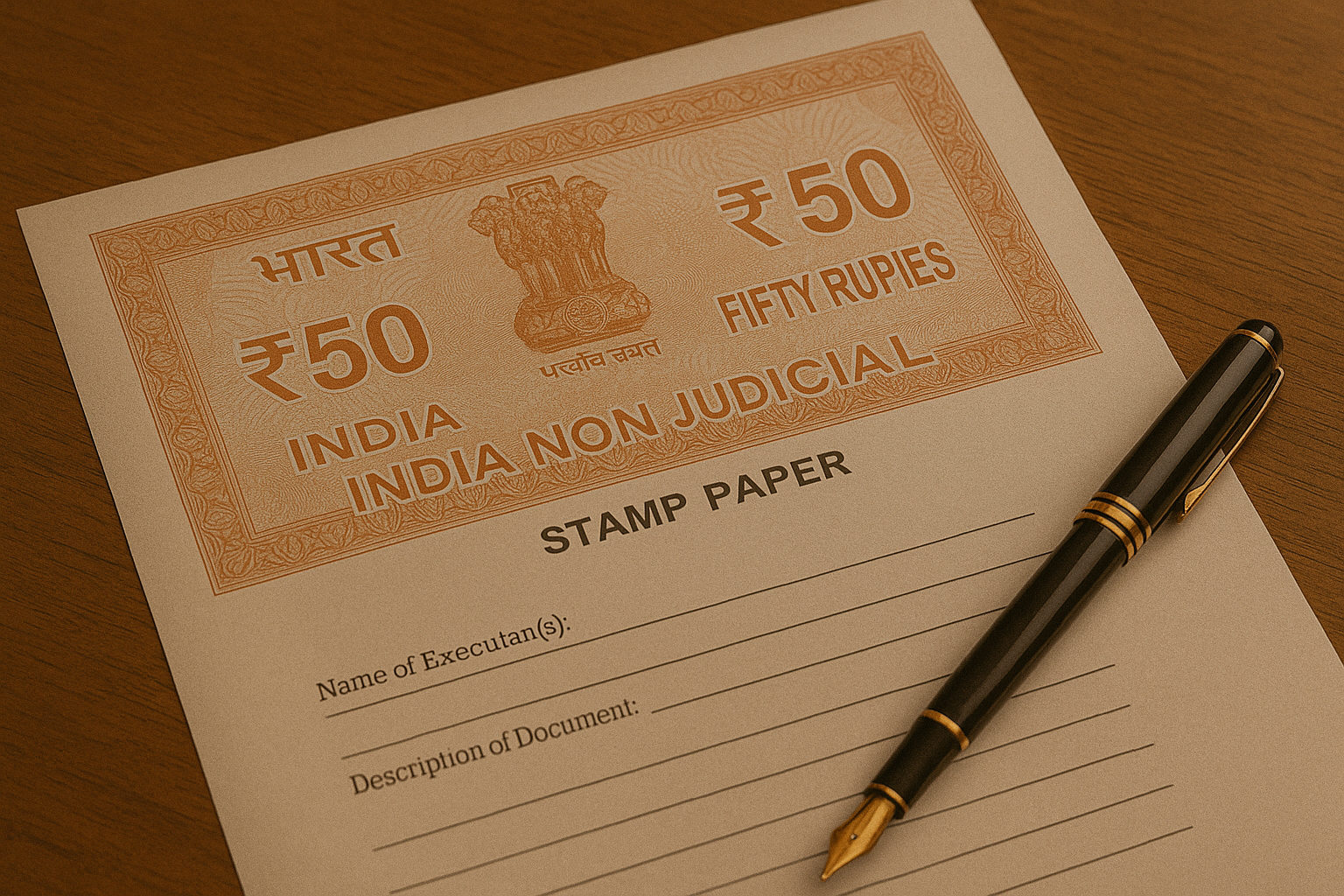BAIL APPLICATIONS
BAIL APPLICATIONS
🧾
What is Bail?
Bail is a legal mechanism that allows a person accused of a crime to be released from custody while awaiting trial or further legal proceedings. It is based on the principle that “bail is the rule, jail is the exception”, especially for bailable offences.
⚖️
Types of Bail in India
1.
Regular Bail
- Granted to a person already arrested and in custody.
- Filed under Section 437 and Section 439 of CrPC.
- Application made before a Magistrate (Section 437) or Sessions Court/High Court (Section 439).
2.
Anticipatory Bail
- Pre-arrest bail for someone who fears arrest in a non-bailable offence.
- Filed under Section 438 of CrPC.
- Granted by Sessions Court or High Court.
3.
Interim Bail
- Temporary bail granted for a short period while a regular or anticipatory bail application is pending.
- Can be extended or converted into regular bail.
- Subject to cancellation if not followed by regular bail.
🧠
Key Legal Considerations
- Gravity of offence
- Criminal antecedents of the accused
- Likelihood of tampering with evidence
- Flight risk
- Status of investigation
- Victim’s safety (especially in gender-sensitive or POCSO cases)
🔍
Important Case Laws
- Gurbaksh Singh Sibbia v. State of Punjab (1980): Landmark on anticipatory bail – discretion must be exercised judiciously.
- Arnesh Kumar v. State of Bihar (2014): Guidelines to avoid unnecessary arrests.
- Sanjay Chandra v. CBI (2012): Bail should not be denied as punishment before trial.
📑
When Can Bail Be Cancelled?
- Breach of bail conditions
- Threatening witnesses
- Tampering with evidence
- Non-appearance in court
